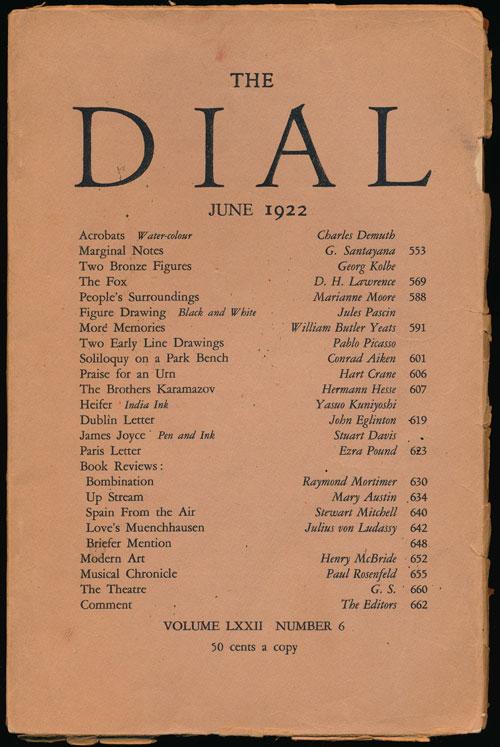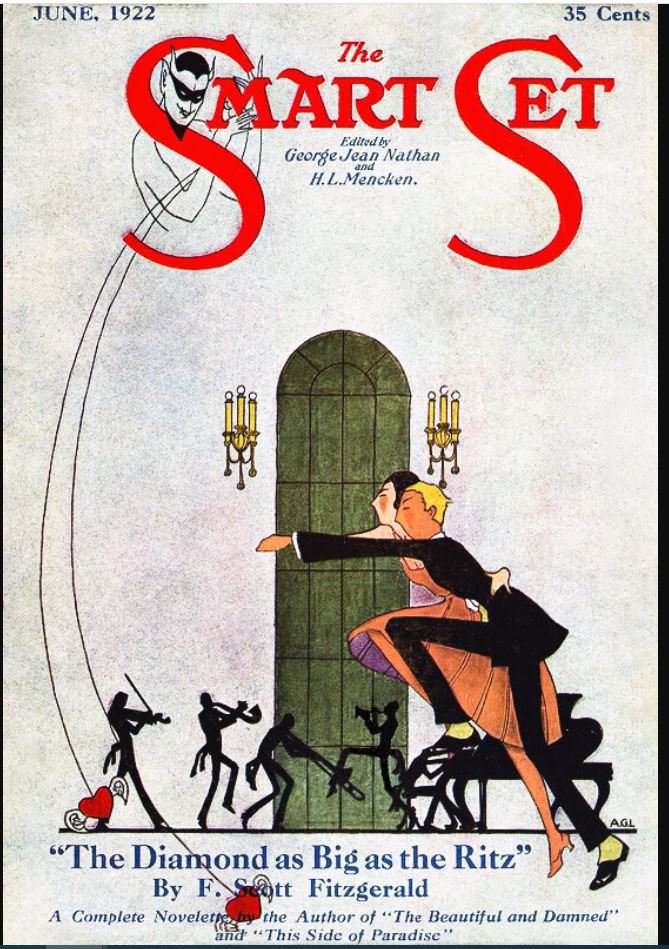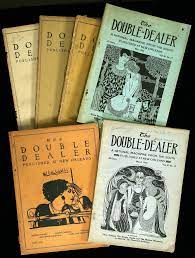Scribner’s editor Maxwell Perkins, 39, needs to write an encouraging letter to his top author, F. Scott Fitzgerald, 27, currently living on Long Island, but preparing to move to France with his wife Zelda, 23, and their baby girl Scottie, aged two.
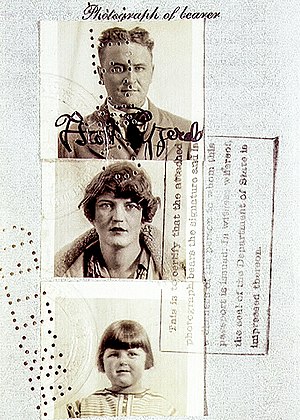
The Fitzgeralds’ passport photos
Scott’s most recent piece in the Saturday Evening Post, just a couple of weeks ago, is titled “How to Live on $36,000 a Year.” It’s funny, but Max worries about Scott revealing his financial problems in public. In the piece he reports that, three months after marrying Zelda,
I found one day to my horror that I didn’t have a dollar in the world…This particular crisis passed the next morning when the discovery that publishers sometimes advance royalties sent me hurriedly to mine.”
Which is, of course, true.
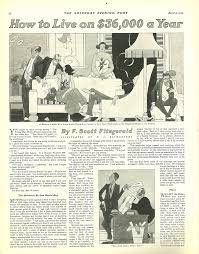
“How to Live on $36,00 a Year” in the Saturday Evening Post, April 5
But a bit more worrisome is the lengthy letter Perkins received from Fitzgerald last week, expressing reservations about his progress on his third novel. Scott wrote in part:
It is only in the last four months that I’ve realized how much I’ve—well, almost deteriorated in the three years since I finished [his second novel] The Beautiful and Damned...If I’d spent this time reading or travelling or doing anything—even staying healthy—it’d be different but I spent it uselessly—neither in study nor in contemplation but only in drinking and raising hell generally. If I had written the B&D at the rate of 100 words a day, it would have taken me four years…I’ll have to ask you to have patience about the book and trust me that at last or at least for the 1st time in years I’m doing the best I can…[My bad habits are]:
1. Laziness
2. Referring everything to Zelda—a terrible habit, nothing ought to be referred to anyone until it is finished.
3. Word Consciousness—self doubt.
ect. ect. ect. ect….I don’t know anyone who has used up so much personal experience as I have at 27…If I ever win the right to any leisure again, I will assuredly not waste it as I wasted the past time…This book will be a consciously artistic achievement & must depend on that as the first books did not.”
So that Scribner’s can have this novel for the fall list, Max wants to encourage Scott to keep working by keeping him focused on specifics. For example, Perkins tells Scott why he isn’t crazy about the title, Among the Ash Heaps and Millionaires:
I do like the idea you have tried to express…The weakness is in the words ‘Ash Heap’ which do not seem to me to be a sufficiently definite and concrete expression of that part of the idea…I always thought that The Great Gatsby was a suggestive and effective title.”
“Such Friends”: 100 Years Ago… is the basis for the paperback series, “Such Friends”: The Literary 1920s. Volumes I through IV, covering 1920 through 1923 are available at Thoor Ballylee in Co. Galway, and as signed copies at Pan Yan Bookstore in Tiffin, OH, City Books on the North Side, and Riverstone Books in Squirrel Hill, Pittsburgh, PA. They are also on Amazon.com and Amazon.co.uk in print and e-book formats. For more information, email me at kaydee@gypsyteacher.com.
Mark your calendar! The Greater Pittsburgh Festival of Books returns to the Pittsburgh Theological Seminary in Highland Park on Saturday, May 11. Stop by the “Such Friends” booth in Writers’ Row.
This summer I will be talking about the literary 1920s in Paris and New York at the Osher Lifelong Learning Institute at Carnegie-Mellon University.
Manager as Muse, about Perkins’ relationships with Fitzgerald, Ernest Hemingway, and Thomas Wolfe, is also available on Amazon.com and Amazon.co.uk in both print and e-book versions.
If you want to walk with me through Bloomsbury, you can download my audio walking tour, “Such Friends”: Virginia Woolf and the Bloomsbury Group.
























